Recently, I came across this tweet👇 on the struggle of fitting into the corporate world as a Muslim, when drinking culture is so prevalent there.
no one talks about how hard it is being a Muslim in a corporate job, where drinking culture is everywhere
— Rumaithaaa (@rumaithaaaa_) July 8, 2022
I was relieved to read something online that I resonated with so deeply.
Like every opinion shared on this app, the tweet received differing perspectives, one mainly being to just avoid consuming alcohol yourself. But in my opinion, this missed the entire point of the tweet, and came from a place of ignorance.
Last month, I completed my placement year in a corporate firm.
As this was my first time in a professional workplace, I really wanted to get the most out of it. This meant trying to meet as many people as I could in-person, build professional relationships and experience office/work culture.
Work events and socials were obvious and pivotal times where I would achieve this goal of networking.
However, with drinking culture being so ingrained into British culture, I realised that most of these occasions are held in places of alcohol-consumption.
When entering the professional world in the UK you quickly recognise how this plays a major part in the workplace. Therefore, identifying as a non-drinker may create some obstacles.
As a practising Muslim, I often felt uncomfortable to attend certain gatherings.

For example, a Christmas party revolving around a cocktail-making session, quite literally haram on haram, is the last place I would want to be.
It was easy to opt out on religious grounds. Aside from potential judgement for coming across as unsociable, I felt like I was missing out on getting to know my team and vice versa.
This idea of missing out can be understood through networking.
I once had the opportunity to participate in a journalism programme in London where networking events took place most evenings. Thankfully not many were held in pubs/bars though some people were drinking alcohol, the overall environment didn’t feel unsuitable.
Through attending those receptions, I understood how valuable networking can be especially when you’re a student trying to navigate a career and view options for the future.
Had these networking events been in a pub, I would have chosen not to attend and would have missed out on meeting experienced people in my interested fields that may never be in my vicinity again.
Yes, this might sound like a first-world problem. But, in the realm of working a corporate job in the UK with the ambition to develop and build prosperous careers, it's a huge deal.

Ultimately, these are just people attending events to socialise. Some would say it’s not important for us as Muslims to give effort to. But it’s something that we will often face and therefore should look to challenge if we don’t feel included.
Getting the word out is the starting point for inclusivity in the workplace.
There’s a lot of talk around diversity and inclusion in the workplace. Companies now dedicate the D&I policies to a section of their ‘Our Values’ page.
Bringing new policies forward to increase diversity and inclusion is great, but we also need to be having these conversations within teams for real change to happen.
In this instance, non-Muslim colleagues may not be aware of the rulings in Islam regarding alcohol, which is arguably where the issue begins. The understanding becomes even more unclear when they know Muslims who drink themselves.
Therefore, it’s important to:
📚 Educate – explain why you feel uncomfortable to attend and the Islamic principle you follow to your manager.
If your company has a D&I department, send them an email to outline the issue, and ask for them to raise awareness through their work.
👀 Suggest alternative ideas - Get in touch with the event organiser and ask if they can look into anon-serving alcohol restaurant or non-food related venue.
💪🏽Remain strong-minded – If your company doesn’t listen to your concerns or make changes right away, don’t feel bad for not attending.
By the will of Allah, voicing our concerns and actively helping to make improvements can aid change. And we can begin to feel included and valued as employees as well as remaining integral to our faith in the workplace.
Written By: Amal Ahmad
Amal is a final year Politics and English Language student. She enjoys writing personal essays on culture and identity, and is passionate about storytelling in the digital space.

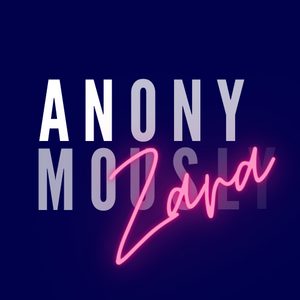





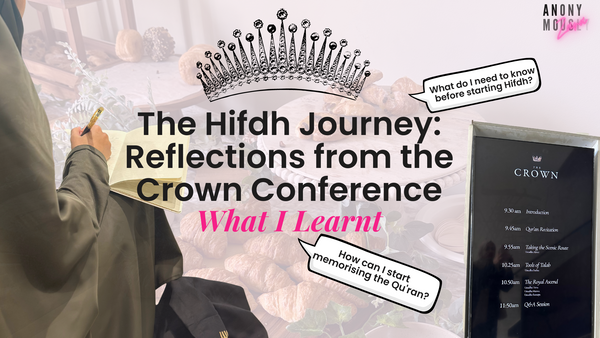
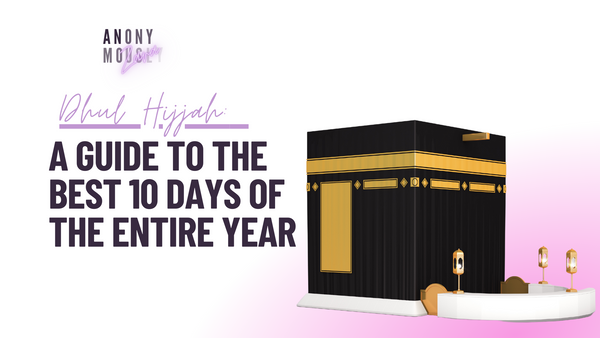
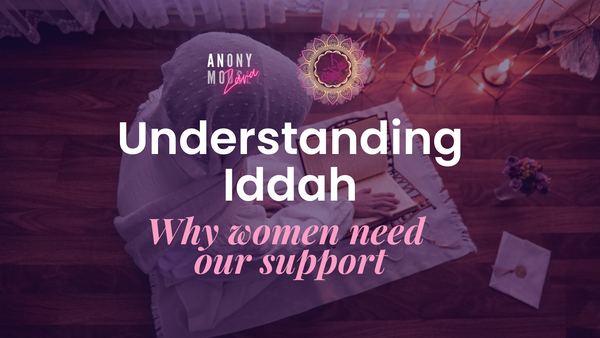
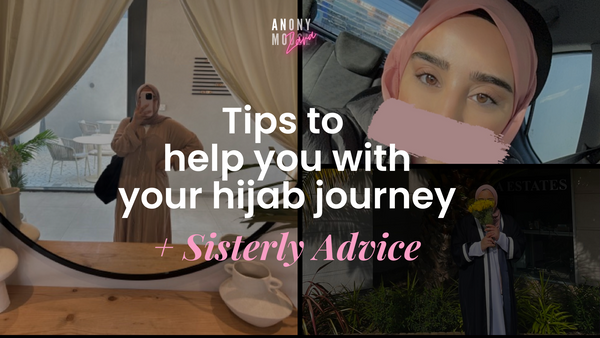
Member discussion